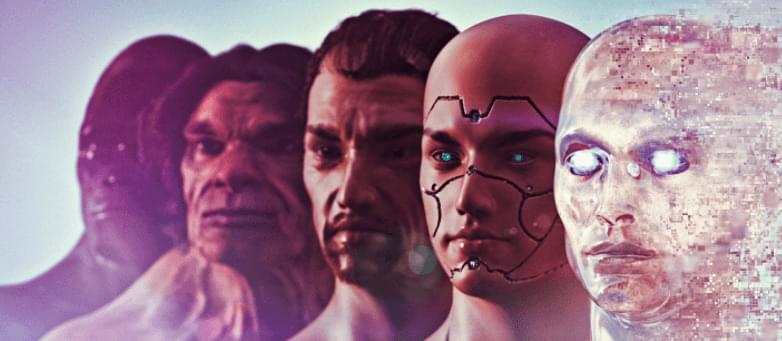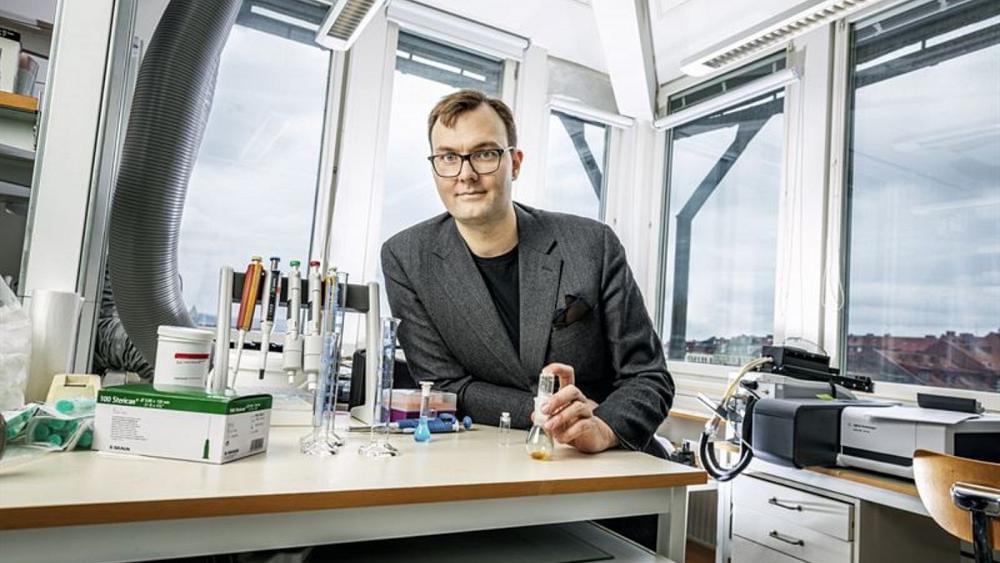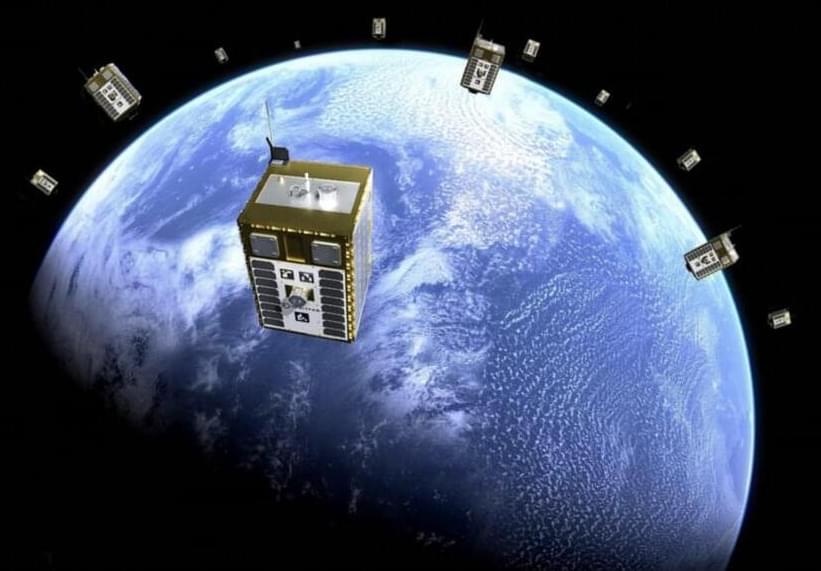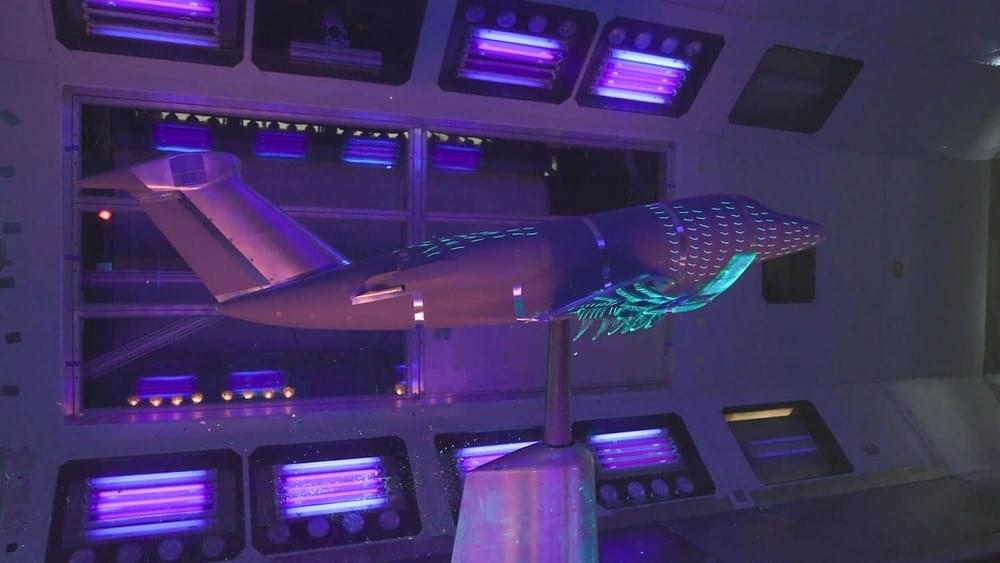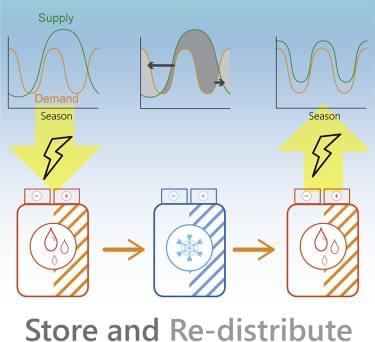To understand the nature of our galaxy, astronomers had to look to distant island universes.
Turn your eyes toward the night sky and you will see a bright, hazy band of light cutting across the sky.
For millennia, observers speculated about the Milky Way’s true nature. The Greeks said the streak of haze in the sky was milk spurting from the breast of the goddess, Hera, Egyptians thought it was cows’ milk, and some Aboriginal Australians thought it was a river flowing through the sky.
Today, we know that we are looking along the plane of our spiral galaxy, consisting of at least 100 billion stars. But understanding the shape of the Milky Way proved elusive up until the 20th century. The problem is we can’t get a bird’s eye view of our galaxy because our solar system is buried within the galaxy. But with the invention of the telescope, photography, spectroscopy, and radio astronomy, we have uncovered the shape and size of our home galaxy — and our place among the billions of stars that make up our island universe.


